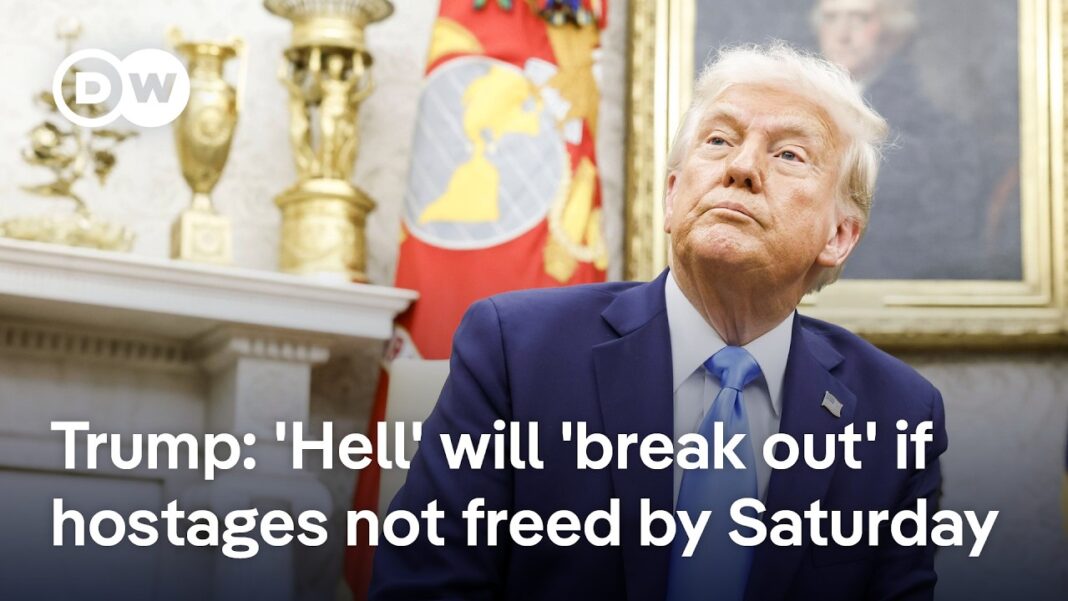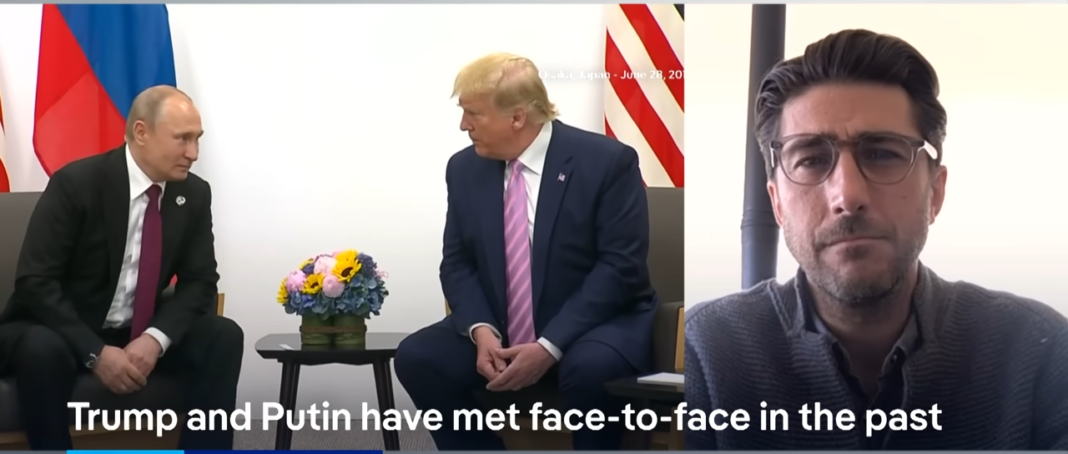Recent statements by Donald Trump have sparked controversy regarding Gaza’s future and regional stability. Trump suggested withholding aid from Jordan and Egypt unless they accept Palestinian refugees from Gaza. This proposal has drawn strong opposition from both countries and the global community.
Aid Withholding: A Political Pressure Tactic
Trump’s suggestion to freeze military and economic aid to Jordan and Egypt aims to force their compliance with a resettlement plan. The U.S. provides:
- $1.4 billion in annual aid to Jordan.
- $1.1 billion in annual aid to Egypt.
These funds help maintain regional stability and security, making Trump’s proposal a high-stakes diplomatic move.
Regional and International Reactions
The proposal met with strong opposition from Jordan and Egypt, both of whom view it as a threat to national stability. The region has a long historical memory of Palestinian displacement, dating back to 1948 and 1967.
Key concerns include:
- Forcible displacement violating international law.
- Increased instability in the Arab world.
- Potential breakdown in U.S. diplomatic relations with Middle Eastern allies.
Hamas and Israeli Responses
Hamas, labeled a terrorist organization by the U.S., EU, and Germany, condemned Trump’s proposal. The group warned that the plan would fail like past Western interventions.
Meanwhile, Israel’s Prime Minister Benjamin Netanyahu publicly distanced himself from the idea. Many in Israel fear that forced displacement could escalate tensions and undermine diplomatic efforts.
The Fragile Ceasefire and Its Implications
The ongoing Gaza ceasefire is now at risk, with Hamas postponing hostage releases due to ceasefire violations by Israel. Trump’s statements have further complicated negotiations, shifting focus from maintaining peace to geopolitical maneuvering.
Experts believe Trump’s approach could:
- Hinder diplomatic solutions between Israel and Palestine.
- Undermine trust in U.S. leadership.
- Escalate conflicts in an already fragile region.
Future Predictions and Strategic Implications
The situation in Gaza remains uncertain. Key trends to watch include:
- Increased regional instability if the aid freeze is pursued.
- U.S.-Arab relations deterioration, affecting broader diplomatic goals.
- Heightened Palestinian resistance against displacement efforts.
- Further Israeli expansion in the West Bank under U.S. backing.
- Global responses to forced displacement proposals.
The Israel-Palestine conflict remains one of the most complex geopolitical issues, with no easy resolution. Diplomatic efforts should focus on sustainable peace, rather than politically driven displacement strategies.
Disclaimer
This article is based on publicly available information and expert discussions. It does not constitute official policy statements or legal advice. Readers should refer to government and international reports for formal positions.
Dr. Noah Alvarado is a global economist specializing in international trade policies and macroeconomic analysis. His research has been published in prominent journals.




